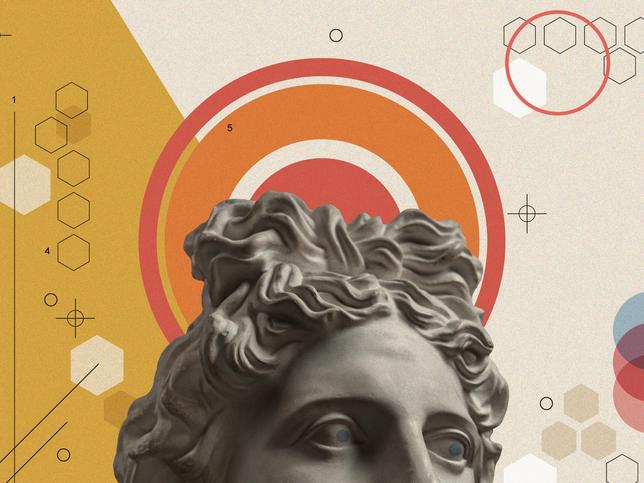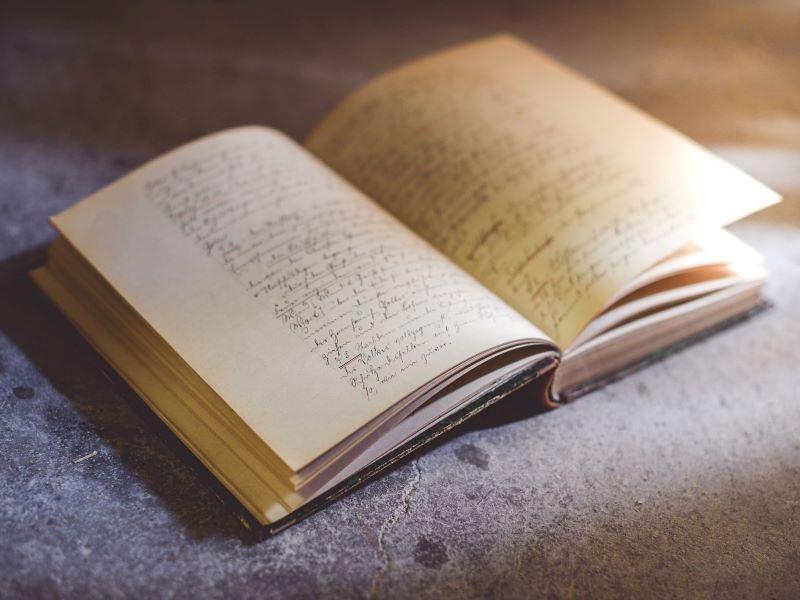At first glance, it may seem impossible or even futile to attempt to decolonise mathematics. Mathematical knowledge is developed and communicated in an abstract language of symbols, a language that seemingly resists the whims and preferences of the people using it. 2 + 2 = 4, no matter how much you might will it to be otherwise. Nevertheless, mathematics has been developed over thousands of years by people. People who exist(ed) in societies with norms, expectations and hierarchies, all of which shaped the type of mathematical knowledge that was sought after and valued.
History of mathematics can offer students a window into the processes of developing new mathematics, and the ways in which this knowledge is accepted and circulated within different communities. Especially pertinent to the question of decolonising the curriculum, turning to the history of the discipline offers a window into the role played by mathematics and mathematicians in settler colonialism, and how the mathematics we use today was in turn shaped by colonialism.
- A global effort to decolonise a reading list
- THE Campus webinar: decolonising the curriculum
- Collection: Decolonising the curriculum
A new project at The Open University will produce an interactive online database of original sources, selected to demonstrate the global nature of mathematics. Original sources – such as letters, calculation aids, khipu or clay tablets – enable students to see beyond the final results explicated in their university textbooks to the work that went into uncovering these results in the first place. Each source will be accompanied by a transcription, a translation into English where necessary, a short contextual summary, and assessment materials such as essay prompts or discussion points.
Sources in the database will range from the explicitly mathematical to the contextual. Types of the former include an extract from The Nine Chapters on the Mathematical Art (Jiu zhang suan shu 九章算術, c.100 BCE), which shows that the mathematical procedure often known eponymously as Gaussian elimination was in use nearly 2,000 years before the birth of mathematician Carl Friedrich Gauss. For people such as Thomas Fuller, an enslaved man transported from north-west Africa to Virginia in about 1710, it can be impossible to witness directly the mathematical skills and knowledge he possessed. Instead, we turn to contextual sources such as newspaper reports and interviews that describe his exceptional abilities in mental calculation. These original sources will complement the excellent existing databases of biographies, such as Mathematicians of the African Diaspora and MacTutor at the University of St Andrews.
The sources will be consciously chosen to disrupt the dominant image of a mathematician as a white, European man and present a much more diverse array of people as legitimate knowledge-producers. The project is informed by the vision of decolonising learning proposed by the 2019 Innovating Pedagogy report at The Open University:
“Decolonising learning prompts us to consider everything we study from new perspectives. It draws attention to how often the only world view presented to learners is male, white, and European. Decolonising learning helps us to recognise, understand, and challenge the ways in which our world is shaped by colonialism. It is an approach that includes indigenous knowledge and ways of learning, enabling students to explore themselves and their values and to define success on their own terms.”
Within mathematics, the privileging of knowledge canonised in 19th-century Europe, especially for the first two years of university study, can clearly be located in the export of a Cambridge mathematical education during the 1800s. University education, where much mathematical training takes place to this day, went through an immense expansion during the 19th century. Beyond the founding of new universities in Britain itself, educational norms were enforced in colonies of the British Empire through the founding of colleges and universities. In India, Elphinstone College was founded in Mumbai (then Bombay) in 1827. The founder of the college, Mountstuart Elphinstone, believed that educating wealthy Indian men in the European fashion was necessary for them to take an active role in the government of India, under British rule. He especially insisted that education in geometry, algebra and astronomy be provided. The professors who worked at this school were mostly found from the graduating classes of Oxford and Cambridge, and indeed the selection committees were also made up of Oxbridge men.
One of the earliest Indian men to be appointed professor at Elphinstone college was Dadabhai Naoroji (1825-1917). He was a student at the college from 1840 to 1845, and in 1854 was appointed professor of mathematics and natural philosophy. A year later, he moved to Britain where he became partner in a law firm and professor of Gujarati at University College, London. Naoroji became the first Asian MP in Britain in 1892 when he was elected for Finsbury, which he represented until 1895.
Naoroji used his mathematical fluency to shape and convey his ideas on British rule in India. In 1901 a collection of his essays was published in London as Poverty and Un-British Rule in India. The very first chapter uses a statistical analysis to try to estimate the extraction of resources from India to Britain, his controversial Drain Theory, and is an excellent example of the types of sources to be included in the envisioned database. Naoroji criticises the reports of the Statistical Committee at Calcutta for incorrectly calculating averages and skewing the estimates of the income generated by the Indian economy. For example, when calculating the average price of a certain product, “the prices [of the product in each district] are added up together, and the total is divided by the number of the districts…[meaning] the quantities of produce sold at the different prices are altogether lost sight of’’.
Ultimately, Naoroji estimates an annual drain of about £200 million from India to Britain. He does consider the possibility of benefits to India and the Indian economy from Britain, such as the oft-cited investment in railway infrastructure, but points out that “it is the exhaustion caused by the drain that disables us from building our railroads etc. from our own means”. It is worth mentioning that Naoroji was not arguing for the end of British rule in India but a reimagining of how that rule was enacted to empower India and its citizens.
After reading a short extract of Naoroji’s paper, students can thus be invited to consider how bias can shape conclusions of statistical studies, the role of colonialism in the emergence of university education in different countries, and how mathematics can be used both to protect and disrupt colonial interests.
Mathematicians have long appreciated the benefits of looking at old problems in new ways, or of applying tools from one area of mathematics to a question in another. By decolonising our curriculum, we can equip students with a much broader tool kit, and even more ways of approaching and understanding mathematics. Moreover, by witnessing people from their own communities, countries or traditions as active producers of new knowledge, students will be able to imagine themselves as mathematicians.
June Barrow-Green is emeritus professor of history of mathematics and Brigitte Stenhouse is lecturer in history of mathematics, both in the School of Mathematics and Statistics at The Open University.
If you would like advice and insight from academics and university staff delivered direct to your inbox each week, sign up for the Campus newsletter.




comment